
Jun 24 , 2023
By AKSAH ITALO ( FORTUNE STAFF WRITER )
Joint employment modalities permitting civil servants to work at two public offices simultaneously have been introduced in a new directive penned by officials at the Civil Service Commission.
A minimum of a graduate degree is required to qualify for the modality. Mulugeta Wubshet, head of the inspection desk at the Commission, reasoned that the severe shortage of skilled manpower and expertise in public institutions required a double staffing arrangement.
He highlighted the importance of implementing the new modalities across all regional states as the shortage is pervasive.
"There is a growing demand for experts," he told Fortune.
This comes amidst an impending restructuring of civil servants in the country, which was indicated by Eyob Tekalegn (PhD), state minister for Finance at a Parliament session reviewing next year's federal budget last week.
Eyob said reprioritization of the public service from quantity to quality would decrease the strain on the budget along with improving service. He hinted at the waning of the federal government's role as a primary employer in the country by saying, "the civil service is not the sole employer in the country."
An evaluation every six months upon which continued joint employment is revisited by the pair of employers will determine whether or not the public servant goes back to the former sole position.
Jointly employed individuals will maintain their initial wages while having to renegotiate for the second position with the respective employer. While 80pc of working hours will be allotted to the original public office, the remainder of the time is adjusted to meet the needs of the second job administered by communication between the two employers.
According to Ayele Demise, human resource & employment expert at the Commission, the modality will provide increased wages, diversified working environments and the chance to branch out career paths for employees.
"It'll broaden their horizon," he said.
He said that drawing more experts into public offices will have far-reaching impacts in both academia and public service.
While the Commission will be tasked with monitoring and regulating joint employment procedures, submission of the contractual details governing the tenure will have to be presented by the pair of employers.
Signed by Commissioner Mekuria Haile (PhD), the directive cites the lack of policy advisors, consultants and technical assistants across the 176 federal agencies within the 22 ministries employing around two million people as the driving force for implementation. It caps the share of jointly employed experts at two percent of the total workforce.
Mekuria was appointed to head the Commission two years ago, having served as a Minister of Urban & Infrastructure and as Executive Director of the Ethiopian Policy Studies Institute.
The Ministry of Finance is on a continuous lookout for prospective employees that have specialised in tax policy. Tax Policy Advisor Wasihun Abate lauded efforts by the commission to fill the demand for specialised labour through this scheme while he questioned some aspects of its practicality in terms of the division of working hours between institutions.
"Some bureaus need their employee within 20 paces," he said.
Wasihun questioned whether employees would opt to work for a public office as a secondary job with a smaller financial reward. While the advisor noted that a slight increment in total wages would be in the cards, he indicated that most would prefer working in the private sector.
Despite the wide application of joint employment being brought forth by the new directive, it has been a common practice in the medical profession.
Demelash Gezahegn (MD), emergency medical services director at Tikur Anbessa Hospital, says the 768 staff and faculty under the largest referral Hospital are constantly called on by the Ministry of Health in advisory capacities. He heralded the directive as a "milestone", but is reserved until the full implementation.
Experts affirm that joint appointments will help public servants maintain their high spirits along with minimising their influx into the private sector. Several countries in the Western world have differing joint employment standards.
A paper by Jeffery M. Hirsch submitted to the University of North Carolina indicates the complexity of joint employment standards, underscoring the importance of clarity and predictability to prevent further costs on employers and increased burdens on employees.
Legal experts observe the directive is in line with the labour and income tax laws of the country, recommending detailed enforceability.
Yared Seyoum, a labour lawyer, indicates that the new modality gives employees space to utilize their full academic capacity while rewarding them with additional income.
"Wage stagnation in civil servants has become prevalent," he said.
However, he questioned the implementation as reforming the public service sector proves to be a complex and challenging task involving fundamental changes in the rules of engagement requiring a long-term commitment.
Yared emphasised that employers should clearly specify the job qualifications they need along with wage specifications.
PUBLISHED ON
Jun 24,2023 [ VOL
24 , NO
1208]
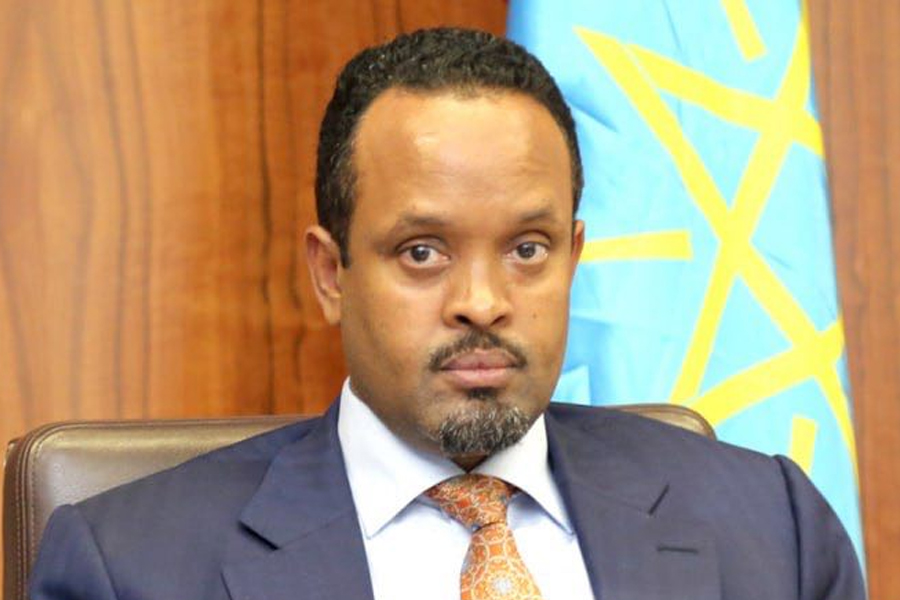
Fortune News | Sep 14,2024
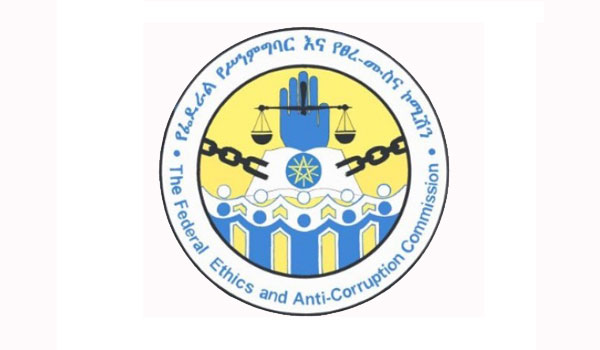
Fortune News | Jun 08,2019

Radar | Jun 12,2023

Radar | Mar 07,2020

Radar | Apr 19,2025
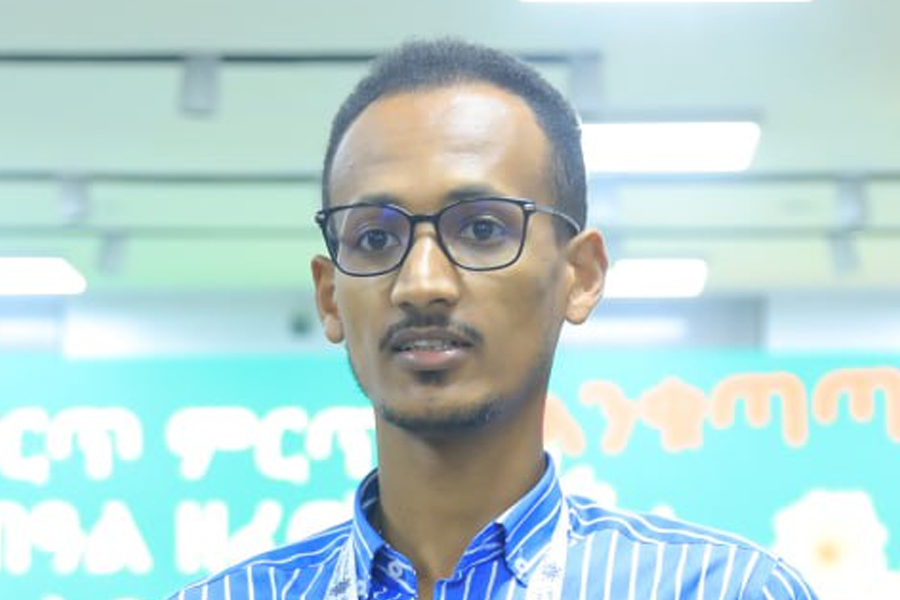
Fortune News | Sep 14,2024

Radar | Aug 21,2023
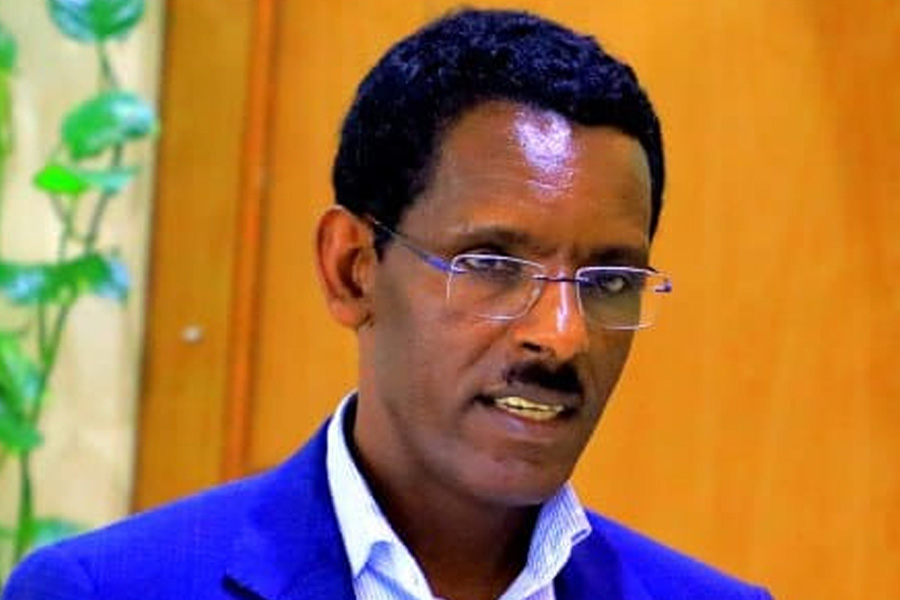
Radar | Dec 01,2024
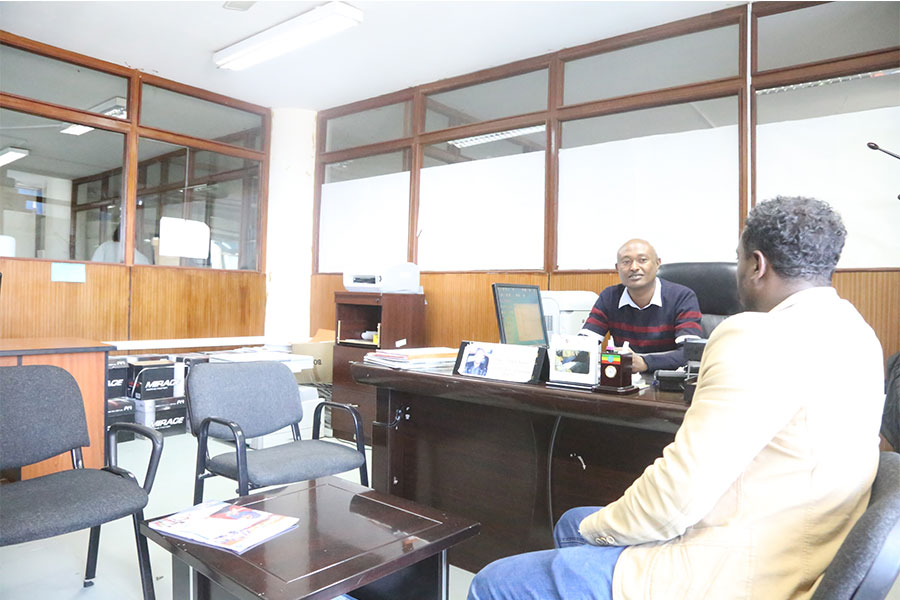
Agenda | Dec 25,2018

Fortune News | Aug 08,2020

Dec 22 , 2024 . By TIZITA SHEWAFERAW
Charged with transforming colossal state-owned enterprises into modern and competitiv...

Aug 18 , 2024 . By AKSAH ITALO
Although predictable Yonas Zerihun's job in the ride-hailing service is not immune to...

Jul 28 , 2024 . By TIZITA SHEWAFERAW
Unhabitual, perhaps too many, Samuel Gebreyohannes, 38, used to occasionally enjoy a couple of beers at breakfast. However, he recently swit...

Jul 13 , 2024 . By AKSAH ITALO
Investors who rely on tractors, trucks, and field vehicles for commuting, transporting commodities, and f...

Jun 28 , 2025
Meseret Damtie, the assertive auditor general, has never been shy about naming names...

Jun 21 , 2025
A well-worn adage says, “Budget is not destiny, but it is direction.” Examining t...

Jun 14 , 2025
Yet again, the Horn of Africa is bracing for trouble. A region already frayed by wars...

Jun 7 , 2025
Few promises shine brighter in Addis Abeba than the pledge of a roof for every family...